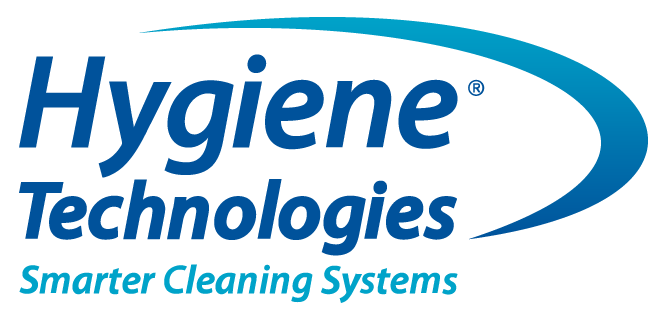Hello Guest,
 The next time you check the paperwork of an in-coming refrigerated delivery, there could be some free extras included with the shipment, but they definitely won’t be noted on the docket!
The next time you check the paperwork of an in-coming refrigerated delivery, there could be some free extras included with the shipment, but they definitely won’t be noted on the docket!
What are these free extras you ask? Unfortunately, most likely they are in the form of unwanted bacteria and fungi that have hitched a ride from another location, and are now delivered and ready for action into your premises.
Refrigerated transport was a great development in the field of keeping food safe, but it also brings added complexities to those tasked with keeping your facilities as pathogen free as possible. The reason is that returnable and re-usable packaging could have been stored anywhere before it arrived at your factory, and the possibilities for cross-contamination are enormous.
One-way wooden pallets and cardboard packaging, while less likely to have been exposed to as many other environments, are more open to harbouring unwanted microrganisms because of what they are made of.
You can be pro-active in your policies and practices to stop the spread of micro’s once goods have arrived at your premises, and there are a number of ways this can be achieved. However, since the refrigerated truck is the one common vector that comes in contact with all pallets, crates and packaging, whether coming or going, this is what we will focus on here.
There are no magic tricks to the cleaning and sanitising of refrigerated trucks, but the important thing is that this should be done thoroughly and often. After every load is the ultimate, so any procedure will have to be quick and effective, and make sure the right equipment is right at hand to do so. In reality, if it isn’t quick and easy, it won’t always get done.
Firstly, thoroughly rinse out any “contact zones” in the trailer – starting from the front and working towards the rear doors. If unpackaged goods (such as pork carcasses, crates of fish or sacks of mussels) have been carried, then the contact zone will normally start up the wall, at the highest point where the product could have touched it. If it is pre-packaged goods that are carried then normally only the floor would need to be rinsed, and any splash zones up the wall if there has been any leakage of the product. Included in this rinse should be the bottom and wheels of the pallet truck, if there is one that stays permanently in the trailer.
Once all visible soiling has been rinsed out, squeegee any pooling water off the floors with a dedicated squeegee (do <span style=”text-decoration: underline;”>not</span> use this squeegee for anything else apart from truck interiors). Spray the walls (if applicable) and the floors with sanitising solution, paying particular attention to any deep grooves in the floor, the bottom and wheels of the pallet truck, the rubber seal around the doors, and the head of the squeegee. Then shut the trailer up and seal it with a coloured tag that shows it has been rinsed and sanitised. If raw food is going to be transported next, then the sanitiser will have to be rinsed out before loading this.
As a good practise, once a week, the trailer should be completely rinsed – ceilings, walls, floor, – then a heavy duty, long-cling cleaner/sanitiser with thickening technology applied to all surfaces. Leave this to dwell for the specified time, then rinse out thoroughly. At the same time, add a slug dose of sanitiser to the catch tray and drain trap of the refrigeration unit. These steps will help ensure that no bio-films get the chance to develop over time.
Two things to bear in mind when deciding which chemicals to use for this operation are:
- Ensure that the chemical is safe to use on soft metals such as aluminium, as this is normally what refrigerated truck bodies are made from. It also should not adversely affect the rubber door seals, as if these deteriorate the refrigeration performance could be compromised.
- Check with the supplier that the sanitiser you want to use is effective at refrigeration temperatures, as lower temperatures can sometimes have an adverse effect on a sanitisers efficacy.
If you would like further help on what type of equipment or chemicals would be suitable for your own application, or want to be more pro-active in stopping contamination spreading from your loading/unloading areas, please contact us now on 0800 REAL CLEAN (735 525), or click here and enter your details so one of our team can get in touch with you.
